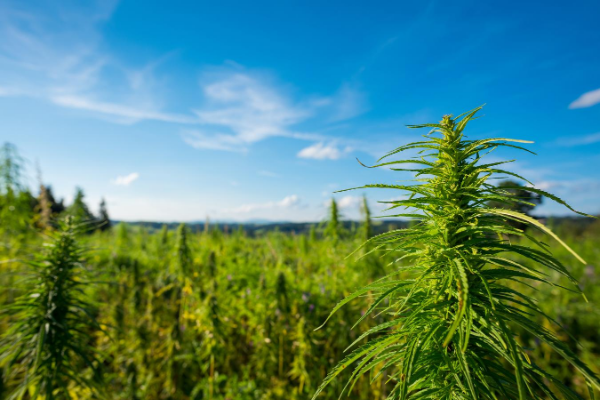Among the early throes of a worldwide pandemic, an emergency was declared in order to legalize the growth, production and transportation of hemp in the state of South Dakota as of March 27, 2020. This Bill setup a regulatory system through the Department of Agriculture (“Department”) to provide for licensing, inspection, and promulgation of rules to ensure compliance with all applicable laws – local, state, and federal.
To take part in this new economic opportunity, interested parties will need to apply to the Secretary of the Department for a license; although aspiring transporters will need to apply for one of two types of transportation permits through the Department of Public Safety. The timing of these applications will depend on whether one seeks to be licensed as a grower, a processor, or permitted as a transporter. The requirements for each respective license or permit differ in part; such as a grower needing at least five contiguous outdoor acres and a processor being required to provide the street address, legal description, and global positioning coordinates for their processing locations. Likewise, each license or permit is valid for differing periods of time. Applicants for a license to grow or process industrial hemp will be required to submit to a state and federal background investigation by means of fingerprint checks.
Extensive policies have been enacted to provide the Departments of Agriculture and Public Safety with records of and access to all growing and processing operations. Such access, as consented to in the license application, may be without prior notice or the need to obtain a search warrant or court order. This access provides the Departments opportunities to inspect and test any hemp on location. Transporters are similarly deemed to have given consent to reasonable search and seizure of hemp without preceding procedural safeguards. To enforce this, a newly added statute provides that “[a]ny law enforcement officer may require any transporter to stop for the purposes of inspection.”
The attorney general has been charged with annually collecting and compiling information to present an accurate survey which may be useful in studying the effect legalizing industrial hemp has had on controlled substance and marijuana prosecutions in South Dakota.
Every situation is different. Please consult with counsel to determine how these changes may impact you. This information is being provided for your review and consideration. If you have any questions or would like additional information, please don’t hesitate to contact any of the attorneys at GPNA.
Author: Jacob Beckett, Legal Intern
Co-Author: Jason Smiley, Attorney


